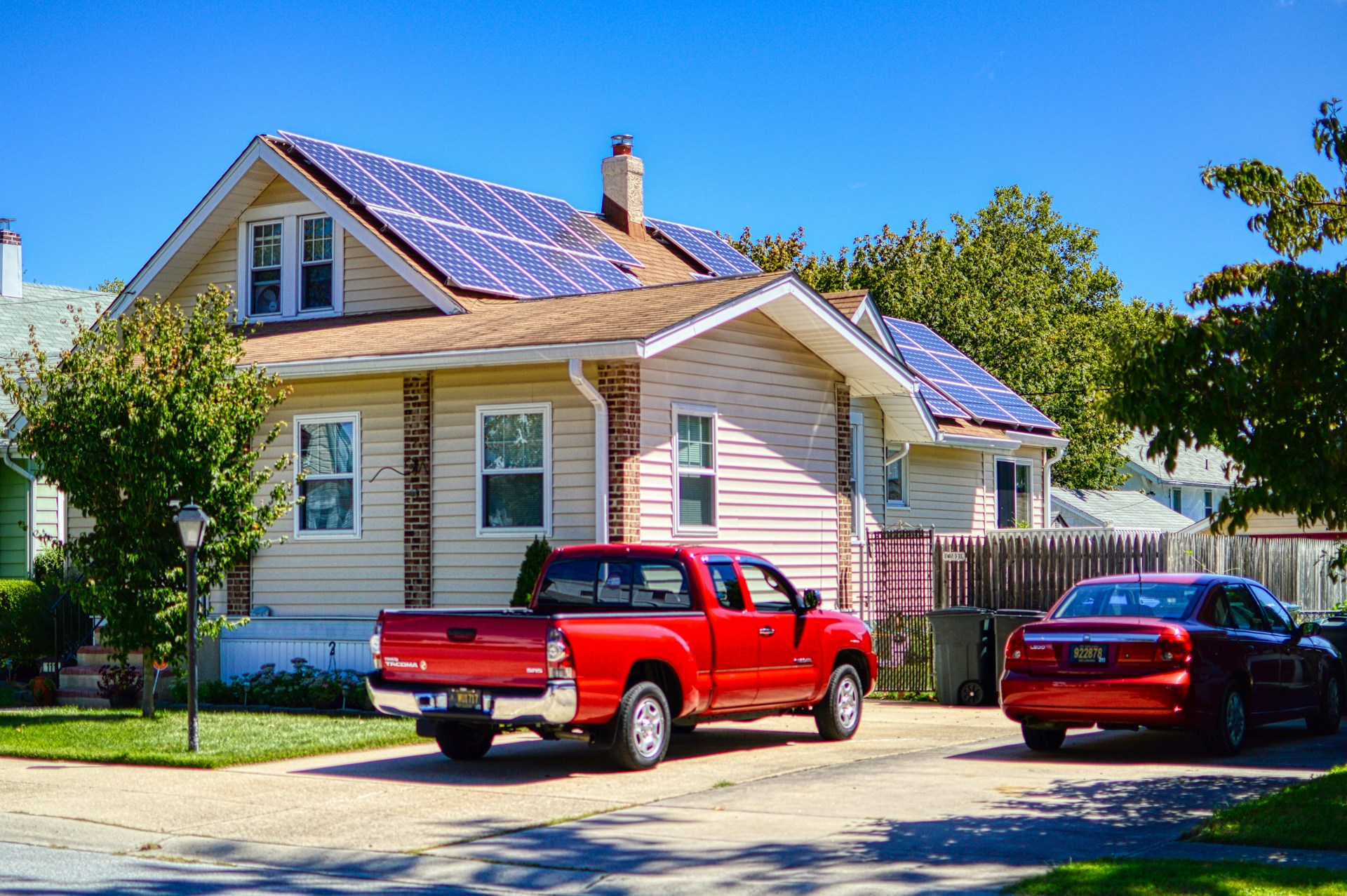

Question: What is the Cheapest Renewable Energy System for the Home?
Answer: One of the cheapest renewable energy systems for the home is solar power. Solar panels have become more affordable in recent years, and there are various financing options and incentives available to help homeowners install solar energy systems at a lower cost.
What is the Cheapest Renewable Energy System for the Home? Powering Your Home Affordably
The rising cost of traditional energy sources has many homeowners looking towards renewable energy solutions. While these systems offer environmental benefits, upfront costs can be a concern. This blog post explores various renewable energy options for your home, analyzing their affordability and highlighting the most cost-effective choices. [ 1 ]
The Cost Equation: Beyond Initial Investment
While upfront costs are a significant factor, a broader perspective is important when evaluating the affordability of renewable energy systems. Here’s what to consider:
-
Lifetime Value:
Renewable energy systems can generate electricity for your home for many years. Factor in the potential cost savings on your electricity bills over the system’s lifespan. -
Government Incentives:
Many regions offer financial incentives like rebates and tax credits to encourage homeowners to adopt renewable energy technologies. These incentives can significantly reduce the upfront cost. -
Maintenance Costs:
Factor in the ongoing maintenance requirements and associated costs for each renewable energy system.
By considering the entire cost picture, including potential savings and incentives, you can make a more informed decision about the most affordable renewable energy option for your home.
Click to get more information about Shelburne real estate agents
Related Article: What are the Four Most Environmentally Friendly Building Materials?
Related Article: Can I Put a Small Wind Turbine on My Roof?
Leading Contenders: Comparing System Costs
Here’s a breakdown of the upfront costs and ongoing considerations for some popular renewable energy systems:
-
Solar Photovoltaics (PV):
Solar panels have a relatively high upfront cost, but they require minimal maintenance and can significantly reduce your electricity bills. Government incentives can further enhance affordability. -
Small Wind Turbines:
These systems have a lower upfront cost compared to solar panels, but their electricity generation in most residential settings is often limited. Maintenance costs can also be higher. -
Geothermal Heat Pumps (GHPs):
GHPs offer significant heating and cooling cost savings, but installation requires upfront investment for drilling wells or installing ground loops. Maintenance needs are typically low. -
Biomass Heating Systems:
Wood pellet or chip burning systems offer a potentially lower upfront cost, but fuel costs and storage needs need to be considered. Emissions and ash disposal are also factors.
Solar panels generally emerge as a strong contender for affordability, particularly when factoring in potential electricity cost savings and government incentives.
Location, Location, Location: Impacting Affordability
The affordability of renewable energy systems can be influenced by your location. Here’s why:
-
Solar Insolation:
Areas with abundant sunshine are better suited for solar panels, maximizing electricity generation and potential cost savings. -
Wind Consistency:
Locations with consistent wind patterns favor small wind turbines, but their overall cost-effectiveness might still be lower compared to solar in many cases. -
Geothermal Potential:
The suitability of geothermal heat pumps depends on geological factors like ground temperature and water table depth. Feasibility studies might be necessary. -
Fuel Availability:
For biomass heating systems, readily available and sustainably sourced fuel is crucial to minimize costs and environmental impact.
By understanding how your location impacts the effectiveness of different renewable energy options, you can make a more informed and cost-effective choice.
Financing Options: Spreading Out the Cost
Upfront costs of renewable energy systems can be financed in various ways:
-
Cash Purchase:
If you have the available funds, a cash purchase eliminates interest charges. -
Loans:
Home improvement loans or specific renewable energy loans can help finance the system with manageable monthly payments. -
Property Assessed Clean Energy (PACE) Programs:
These programs (availability varies by region) allow property owners to finance renewable energy systems through property tax assessments.
Exploring financing options allows you to spread out the upfront cost and make renewable energy a more attainable goal.
DIY vs. Professional Installation: Balancing Costs and Expertise
While do-it-yourself (DIY) installation of some renewable energy systems might seem appealing to save on costs, it’s crucial to weigh the risks and benefits. Here’s a breakdown:
-
Solar Panels:
DIY installation of solar panels can be complex and potentially dangerous. Improper installation can void warranties and lead to safety hazards. -
Small Wind Turbines:
Similar to solar panels, DIY installation of small wind turbines is not recommended due to safety concerns and the need for proper system design and anchoring. -
Geothermal Heat Pumps:
GHP installation requires specialized skills and permits. DIY attempts are not advisable. -
Biomass Heating Systems:
While some homeowners might be comfortable installing a basic wood pellet stove, complex systems require professional installation.
In most cases, professional installation of renewable energy systems ensures safety, system functionality, and warranty compliance. The potential cost savings of DIY installation might be outweighed by the risks.
For more information visit www.jenjewell.ca
Conclusion: Finding the Sweet Spot: Affordability and Sustainability
The most cost-effective renewable energy system for your home depends on a combination of factors. Consider your electricity consumption, heating and cooling needs, and available budget. Solar panels are often a strong contender but explore all options and incentives. The most affordable solution might involve a combination of renewable energy sources. Consulting with qualified professionals like installers and energy auditors can provide valuable guidance and help you find the sweet spot between affordability and sustainability. Embrace renewable energy and power your home towards a brighter future.
References
1. https://www.thisoldhouse.com/solar-alternative-energy/21072584/all-about-home-solar-alternative-energy


